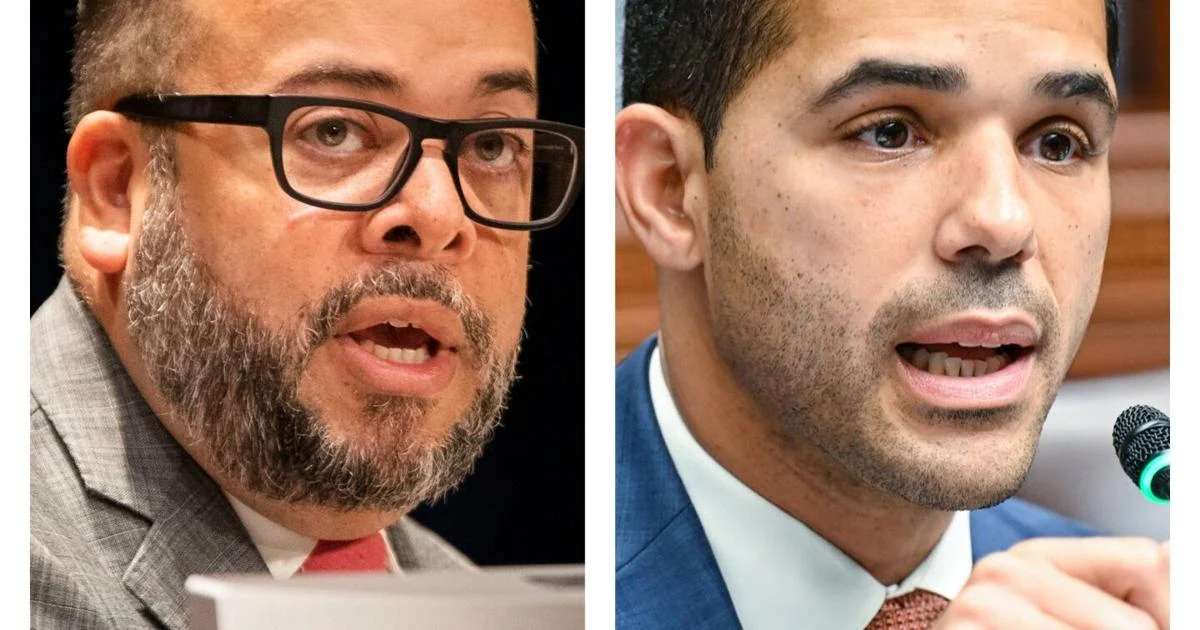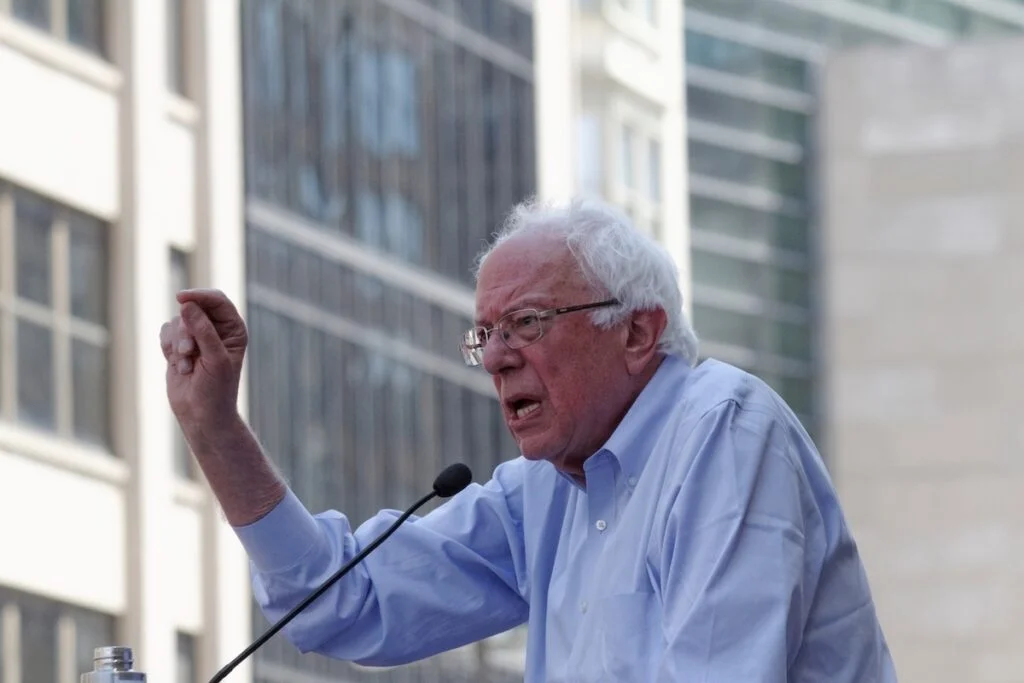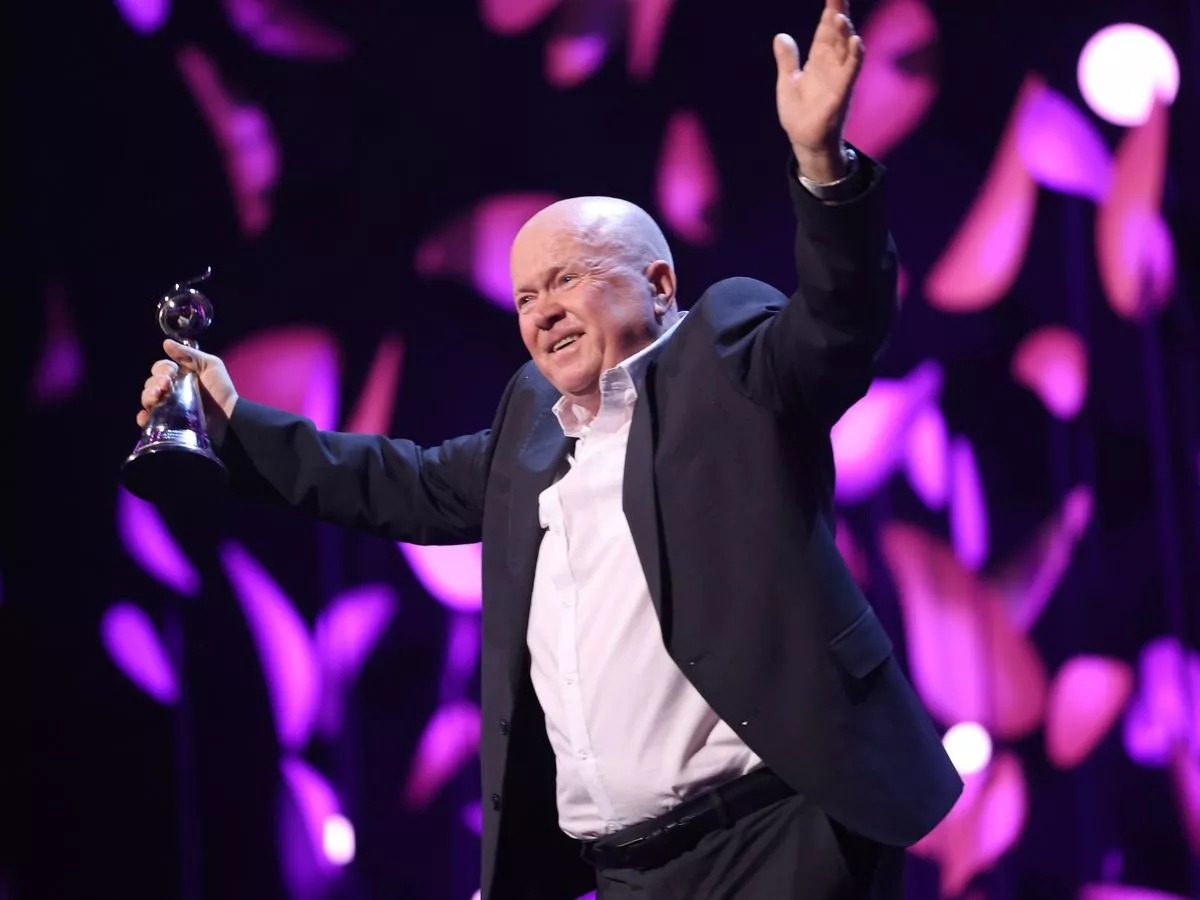
New Orleans voters will go to the polls Oct. 11, with early voting beginning Saturday, to elect a slate of municipal officials. Here are the Times-Picayune’s recommendations for the two City Council at-large seats.
Division 1: Matthew Willard
The seat being vacated by mayoral candidate Helena Moreno has drawn two experienced state lawmakers.
State Rep. Delisha Boyd has represented her West Bank district competently.
Our choice for the citywide seat, though, is second-term state Rep. Matthew Willard, who has shown impressive leadership skills and policy expertise in Baton Rouge.
Willard, a Gentilly native, leads the House’s Democratic caucus, a position that demonstrates the respect of his colleagues and also positions him in regular opposition to the chamber’s GOP supermajority and the Republican governor.
Yet despite being in the chamber’s minority, he’s built a solid record on issues of local interest — he wrote the law banning unpredictable estimated Sewerage & Water Board billing — and also statewide import. Willard marshaled several measures to help homeowners weather the property insurance crisis, one requiring a discount for those who put on a fortified roof and another to temporarily waive the punishing surcharge on Citizens insurance policies for customers without private sector options. Another welcome area of focus has been maternal health, in a state where outcomes have long lagged.
Willard works in the tech sector and founded the House STEM Innovation caucus. He says this experience has given him insight into what companies looking to locate and grow in New Orleans need, including reliable infrastructure and a prepared workforce. Both, he said, would be priorities if he’s elected to the council
Willard told us that avoiding personality conflicts and sticking to the subject matter has been a key to his approach in Baton Rouge, and is something he’d continue on the council.
That’s an attitude that we think many residents who’ve watched city government recently would welcome.
Division 2: JP Morrell
When JP Morrell ran for this seat four years ago, he promised to make the council more of an equal partner in a city in which the mayor’s office has historically called the shots in most areas of government.
It’s indisputable that he, along with City Council Vice President Helena Moreno, has delivered on that promise, with mostly positive effect.
That’s why we endorse Morrell for a second term as an at-large council member.
A lawyer and an unusually productive state legislator before moving to city government, Morrell has put the council’s stamp on a host of issues.
He’s been the point person on long-running efforts to fairly regulate short-term rentals and crack down on those not following the rules. And he’s been the public face of numerous efforts to offer more aggressive oversight of an administration with which the council has increasingly battled.
Indeed, Morrell told us that his proudest accomplishments during his first term are two voter-approved City Charter amendments aimed at enhancing institutional transparency and accountability.
The Times-Picayune endorses Helena Moreno as the next mayor of New Orleans
The first, which gives the council confirmation power over top mayoral appointees, was first used with the hiring of popular New Orleans Police Superintendent Anne Kirkpatrick. Morrell points to her confirmation process as key to the council having better relations with the department than when superintendents answered only to the mayor. That she underwent full public scrutiny before getting the job, he argued, “is in the best interest of the public.” We concur.
The second charter amendment requires the administration to present its proposed budget to the council a month earlier than before, so that members and the public can fully vet the city’s spending plan for the upcoming year.
If reelected, Morrell wants to go even further and make the city budget process more like what he experienced at the state level: approval of a binding line-by-line spending plan, not what he called a “general suggestion” that the administration that it only sometimes follows.
We must note here that the conflict between the council and Mayor LaToya Cantrell’s administration has been extreme at times. Morrell attributes that largely to Cantrell’s reluctance to make the council an equal partner in governing.
We see plenty of truth in that, but we also have seen instances when Morrell could have lowered the temperature but didn’t.
If the voters send him back for a second term alongside a new mayor, we hope he’ll continue his crusade to make city government more transparent and more accountable. We also hope that’s an effort that the council and the new administration can pursue together.



